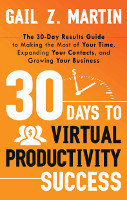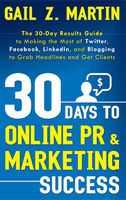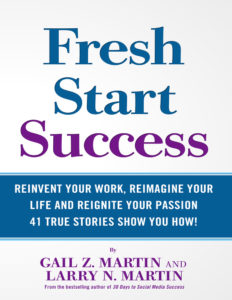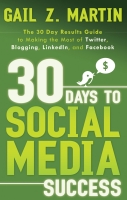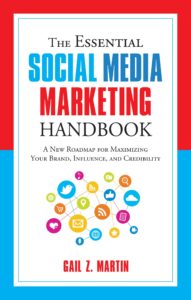 by Karen Rowe
by Karen Rowe
Here’s a conversation I had with a friend today:
-Hey Karen, what are you up to?
-I’m working.
-But it’s a Holiday.
-Yeah, not for me.
I started working with a new company at the beginning of May, and it has been a game-changer for me. It has been years since I have worked on a Holiday. I can safely say that I have NEVER worked on a Holiday and been happy to do it. It has been years since I have felt this inspired, thrilled, charged up, challenged and elated. These days, I’ve been workin’ 12- hour days. Sometimes more, sometimes less. Anyone who knows me knows that this is not my standard M.O. I am the Queen Preacher of Work-Life-Balance. My social life is important to me; my dating life is important to me; my margaritas are important to me. I’ve honestly always felt sorry for people who work 70- or 80-hour weeks, sanctimoniously believeing that I knew something they didn’t, that *I* had figured out the secret to a happy life.
I have been wrong all these years. Happily, joyously wrong…
Mostly because I have never been invested or all that interested in my work. Mostly because I’d never been part of a team that inspired me to bring my A-Game so consistently and clearly and measurably. Every time I think, ‘oh ya, I got this in the bag,’ one of them comes along and hits me right between the eyes and takes me down. I consider this a compliment, by the way. There aren’t many people that can consistently keep me on my toes like that. I am a master at getting ahead of people; it’s always been my way of having the upper hand. I move fast, I catch up, I get in front. It’s a control thing.
This time it’s different.
This time I’ve met my match. This time what’s in the bag is game-changing, show-stopping clear leadership.
You have to understand that anything I ever thought I knew about business was only just in theory, and this is the first time in my life that I’m getting to really see it live and in action; it’s the first time I’m getting to play in a really big and tangible way. I’m up to bat, and if I don’t sharpen my skills, well then I’m just going to strike out and have to sit in the dugout. And who the hell wants to spend their entire life in the dugout?? NOT ME!
I’m going to need a bigger container. Contextually, I mean. I get my mind blown on a daily, if not an hourly, basis. The things I am learning, what I’m doing, seeing, hearing, being every minute of every day right now scares THE HOLY LIVING BEJESUS OUT OF ME. It just takes that wee, tiny little context of mine and eats it for breakfast with a side of bacon.
And isn’t this the way it should be, always?? Shouldn’t you — we– all be surrounding ourselves with people who ask us to play a bigger game, who push us to be our very best selves, to take risks, dive in with both feet, barrel through our days with gusto and holy living terror?
Or is that just me?
Seems to me if you want a life in your comfort zone, keep your day job. If you want to take great risks, move mountains, and get epic wins, then surround yourself with people who make your butt cheeks pucker & don’t buy any of your bullshit.
This work has gotten me to start facing the truth within myself; it has gotten me to see that the journey for my truth will actually set me free.
So is that worth working on a Holiday for? Hell ya.
– See more at: https://karenrowe.com/2012/07/01/epic-win/#sthash.rJMgSyfA.dpuf



